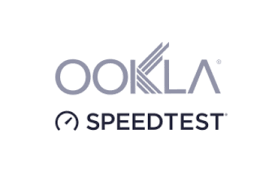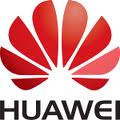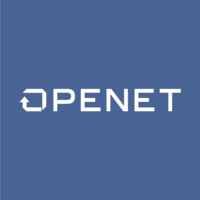
The world is undergoing a major transition, as according to the UN, city dwellers will reach 4.9 billion by 2030, and 6 billion (two-thirds of the world’s population) by 2050, said Edward Chen, President of Huawei’s Corporate Social Responsibility Committee, speaking today at the “Connected City – the Greener Future” workshop organised by the Global e-Sustainability Initiative (GeSI) in Shenzhen. “The ICT industry has enormous potential to address challenges related to rapid urbanization through the implementation of intelligent solutions that help manage increasingly complicated information systems with a focus on sustainability.”
The workshop brought together leaders in the areas of telecommunications and sustainability to examine how the deployment of ICT solutions in sectors such as energy, housing and transport can turn the challenges of today’s cities into opportunities for greening the world economy.
Mr. Luis Neves, Chairman, GeSI, said “The ‘Connected City – The Greener Future’ workshop provided a platform for companies and organizations to share experiences and best practices in green initiatives and sustainability with their counterparts in China, raising awareness of how adoption of ICT can achieve integrated social and environmental sustainability. By working with our members from the ICT sector and beyond, GeSI hopes to create and promote technologies and practices that foster economic, environmental and social sustainability, enabling the development of more connected cities and a greener future.”
According to Mr. Chen, “Sustainability is part of Huawei’s DNA and a strategic focus on sustainability management across our operations has helped our company to be more competitive and stable in the long-term. We have been working closely with various partners to build connected cities through the adoption of ICT technologies and have developed a series of e-city solutions that seek to construct safe, well-managed, and green cities.”
Through its experience and expertise in ICT, and in line with Huawei’s sustainability objectives to bridge the digital divide, promote green development, exemplify trusted corporate citizenship, and facilitate harmonious industry chain development, Huawei has developed a portfolio of competitive and efficient, end-to-end e-City green solutions, including:
- Smart Transportation Solutions: An integration of cloud and ICT features that enable the sharing of transportation information over great distances and a unified control and management of transportation applications over one platform, the solution will enhance the safety of traffic, and facilitate efficient operation of public transportation;
- Smart Grid Solutions: A broad portfolio of products and solutions, research and development, and partnerships with customers, business partners, distributors and system integrators that address the need of urban power systems to be safe, efficient and sustainable, promoting ease of usage, management and maintenance;
- Smart Financial Solutions: Provide high-performance infrastructure network architecture, financial business collaboration, operation security, financial branch transformation and innovative solutions, that contribute to the informatization of basic network, marketing and service channels, data centers and automated business operations, enhancing connection of the financial industry as a whole.
“We hope that through this workshop, as well as our ongoing commitment to innovation and the integration of cloud and ICT in the research and development of our products and solutions, we can work with our partners, customers, employees and local communities to promote the development and application of green and sustainable initiatives everywhere we operate,” said Mr. Chen.
For more details about the workshop, please visit http://gesi.org/events?event_id=37.





